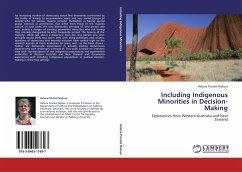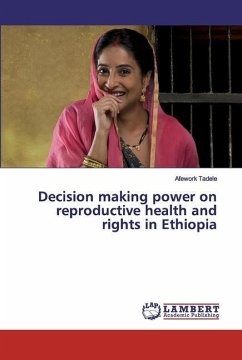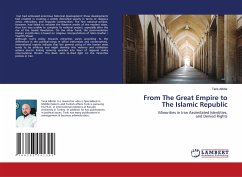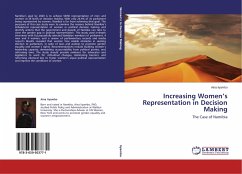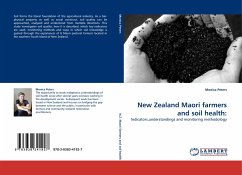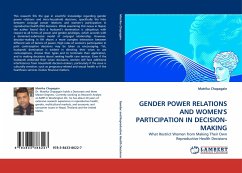An increasing number of democratic states find themselves confronted by the reality of having to accommodate many and very varied groups of people who for various reasons consider themselves as having special group interests or preferences that differ from those of the majority culture. In such cases, the core democratic principle of one person one vote entails a danger of creating permanent minorities who risk having their interests disregarded by what Tocqueville termed the tyranny of the majority . While talk about a departure from the one person one vote principle would likely ring alarm bells with many politicians and citizens, questions of democracy and minority inclusion have ranked high on the research agenda of many academics for years, and - as this book shows - neither are democratic experiments in actually existing democracies experiencing such challenges unheard of. This book is based on interview data with representatives of the Indigenous populations and governmentauthorities in Western Australia and New Zealand and documents experiences with including Indigenous populations in political decision-making in these two settings.

